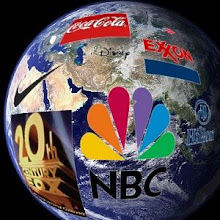
I first heard about the Swine Flu from my younger sister Bailey who is in middle school. I then saw a facebook status with reference to the Swine Flu. Then it was on the news and next thing you know I find an email about it from the University. Word travels fast in a high velocity media world. When I googled Swine Flu to find out more, I came across 3,090,000 results. I then looked at a Wikipedia definition, a Washington Post article, and finally a Medline Plus article. I was amazed at how much information you can find in just one click. We used to have to wait till the next day the papers came out with information on such topics but now we can go straight home and pull up 1-2 web pages and find "googles" of information pertaining to the newest buzz. The ways we can so quickly and effectively access media in our day is amazing to me. I am grateful for it and feel it is a tremendous blessing in our time to be able to connect to such media and information in a blink of an eye.




